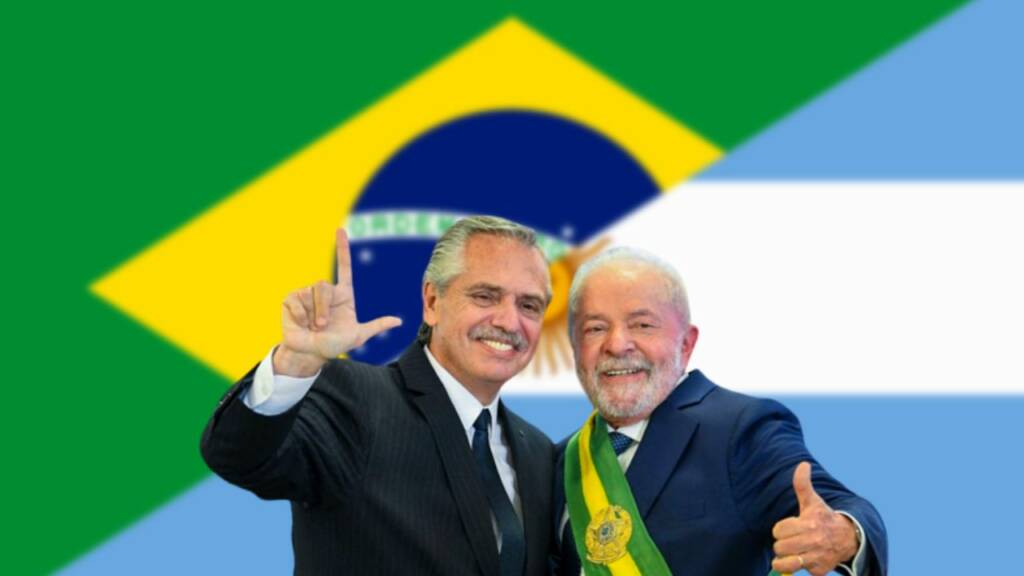Latin America is no stranger to foreign intervention and instability. Subject to global power play, the continent has seen extreme political turmoil and economic instability. Many leaders have tried to circumvent foreign powers and domestic chaos. The most recent ones are Argentina and Brazil.
Argentina and Brazil are planning on introducing a common currency. The project has rocked the financial market. As usual, it has attracted severe criticism from the West. Several countries in Latin America have cherished the idea of a common currency, like the Euro in European Union. It may not be far, when the region will indeed realise its dream.
But, how feasible is a common currency for both the countries?
Widespread support
The two biggest economies in South America have discussed ways to coordinate their currencies for many years. It was a way to challenge the dominance of the dollar in the area.
Last week, Argentina’s Alberto Fernandez and Brazil’s Lula da Silva, published a joint statement. It underlined the potential benefits of a common currency for increased regional trade. The statement read, “We have the intention of overcoming barriers to our exchange, simplifying and modernizing the rules and promoting the use of local currencies.”
The project can position the Latin American region as a significant geopolitical and economic power. It would be able to export a wide range of goods in addition to being self-sustainable. Also, the fact, that Lula, a political heavyweight in Latin America, took up the issue demonstrates, that it has the potential to elicit strong political and emotional responses from people.
The concept is not new. Fernando Haddad, an ex-presidential candidate in 2018 had proposed the idea. He even proposed the name ‘sur’, which means south. Venezuela’s President Nicolas Maduro too, had brought the idea last year. He recommended promoting the Sucre, a currency used by the ALBA coalition of states. ALBA is predominately made up of Bolivia, Cuba, and other smaller West Indies nations. Gustavo Petro of Colombia too, supports integration of Latin America.
Basically, there are favourable winds across the continent for a common currency.
Read More: The siege of Brazilian democracy
Is a common currency feasible?
The path to a common currency can be very complicated. The countries that’ll opt for the project will have no influence over domestic policies over other nations. Thus, any domestic instability might easily derail the project.
Additionally, the organisation in charge of running the regional system will make all economic choices. It could possibly lead to internal skirmishes in the region where the majority of the nations are impoverished and the social and economic conditions are unequal.
The biggest challenge would be to establish a common fiscal-monetary policy, which is a major undertaking and a sensitive issue for the countries.
Read More: Latin America lambasts USA as it overthrows Peru’s Pedro Castillo in broad daylight
Hence, a common currency would initially require many negotiations between the future partners. It needs a strong political will and patience.
Though, the project is not without its merits. The joint statement between Argentina and Brazil also mentions that a common South American currency will reduce their external vulnerability. It is obvious what the statement means. The countries in the region have been continuously sanctioned by USA, undermining their sovereignty.
A common currency has the potential to be a game changer for the Latin American economy. By reducing transaction costs, increasing investment and promoting economic integration, it could lead to greater economic growth and development. Furthermore, it could be a major source of foreign exchange reserves for the participating countries.
Ultimately, the success of the common currency will depend on how well it is implemented, and the commitment of the participating countries to make it a success. And, that’s tricky.
